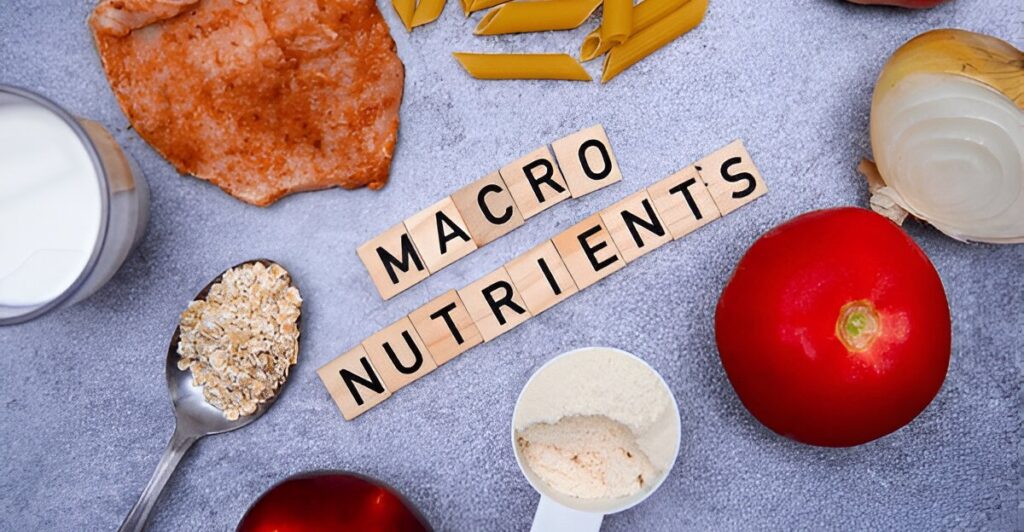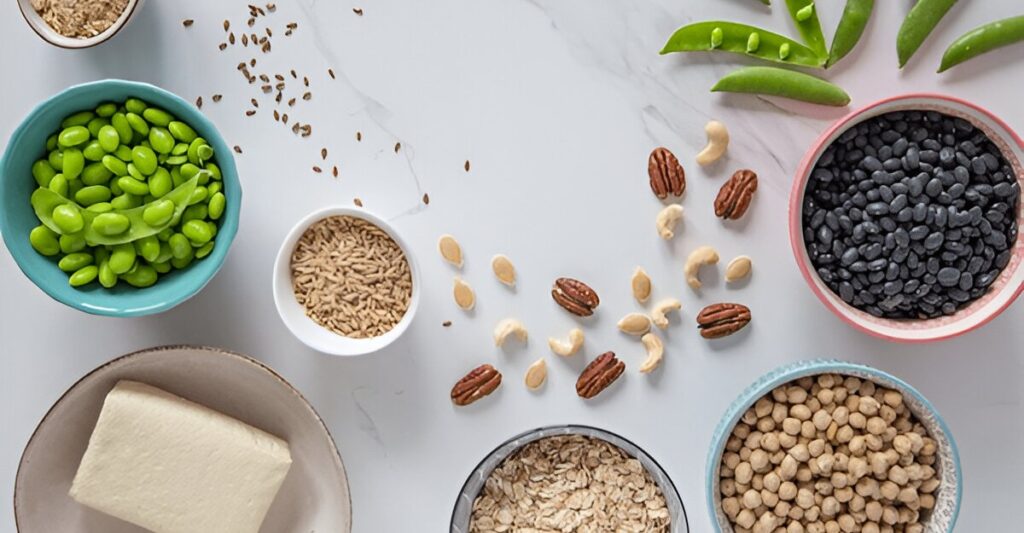Protein is often hailed as the building block of life, and for good reason—it’s essential for muscle repair, immune function, and overall health. But with so much conflicting advice out there, you might be wondering, “How much protein do I really need?” The answer depends on factors like your age, activity level, and health goals. In this article, we’ll break down the science behind protein needs, debunk common myths, and provide practical tips to ensure you’re getting the right amount for your body.
Why Protein Matters
Protein is one of the three primary macronutrients, alongside carbohydrates and fats. It’s made up of amino acids, which your body uses to build and repair tissues, produce enzymes and hormones, and support immune health. Whether you’re an athlete building muscle, an office worker maintaining energy, or someone focused on healthy aging, protein plays a critical role in keeping your body strong and functioning optimally.
Meeting your protein needs ensures your body can recover from exercise, maintain muscle mass, and support metabolic processes. But how much protein is enough, and how much is too much? Let’s explore the factors that determine your ideal protein intake.
Factors That Influence Your Protein Needs
Your protein requirements aren’t one-size-fits-all. Several factors influence how much protein you need daily:
1. Activity Level
Physical activity, especially strength training or endurance exercise, increases your protein needs. Athletes or those who exercise regularly require more protein to repair and build muscle tissue. For example, someone who lifts weights may need more protein than someone with a sedentary lifestyle.
2. Age
As you age, your body becomes less efficient at using protein, a process called anabolic resistance. Older adults often need more protein to maintain muscle mass and prevent sarcopenia (age-related muscle loss). Meeting protein needs is especially important for healthy aging.
3. Body Weight and Composition
Your protein needs are closely tied to your body weight. People with higher muscle mass or those aiming to lose fat while preserving muscle may require more protein per pound of body weight.
4. Health Goals
Your goals—whether building muscle, losing weight, or maintaining health—impact your protein needs. For instance, higher protein intake can support weight loss by increasing satiety and preserving lean muscle during calorie restriction.
5. Health Conditions
Certain conditions, like pregnancy, illness, or recovery from injury, may increase protein requirements. For example, pregnant women need extra protein to support fetal development, while those recovering from surgery may need more to aid tissue repair.
How Much Protein Do You Need?
The Recommended Dietary Allowance (RDA) for protein is 0.36 grams per pound of body weight (0.8 grams per kilogram) for the average sedentary adult. This translates to about 46 grams per day for women and 56 grams for men. However, this is a minimum to prevent deficiency, not an optimal amount for most people.
Here’s a breakdown of protein needs based on lifestyle and goals:
- Sedentary Adults: 0.36–0.5 grams per pound (0.8–1.1 grams per kilogram) of body weight. For a 150-pound person, that’s 54–75 grams daily.
- Active Individuals: 0.5–0.7 grams per pound (1.1–1.6 grams per kilogram). A 150-pound person exercising regularly might need 75–105 grams.
- Athletes or Bodybuilders: 0.7–1.0 grams per pound (1.6–2.2 grams per kilogram). A 150-pound athlete could require 105–150 grams to support muscle growth.
- Older Adults: 0.5–0.7 grams per pound (1.1–1.6 grams per kilogram) to preserve muscle mass. A 150-pound older adult may need 75–105 grams.
- Weight Loss: 0.7–1.0 grams per pound (1.6–2.2 grams per kilogram) of lean body mass to maintain muscle while losing fat.
These ranges are backed by research and provide a starting point. To calculate your protein needs, multiply your body weight (in pounds) by the appropriate range based on your activity level and goals.
Can You Get Too Much Protein?
While protein is essential, consuming excessive amounts isn’t necessarily better. Very high protein intake (above 1.0 grams per pound for prolonged periods) may strain the kidneys in people with pre-existing kidney issues, though this is rare in healthy individuals. It’s also possible to over-rely on protein at the expense of other nutrients, leading to an unbalanced diet.
The key is balance—meet your protein needs without crowding out healthy carbs, fats, fruits, and vegetables. Most people can safely consume up to 1.0 grams per pound of body weight without issues, especially if they’re active.
How to Meet Your Protein Needs
Getting enough protein doesn’t have to be complicated. Here are practical tips to ensure you’re meeting your protein needs daily:
- Prioritize Protein-Rich Foods: Include lean meats (chicken, turkey), fish (salmon, tuna), eggs, dairy (Greek yogurt, cottage cheese), legumes (lentils, chickpeas), tofu, and nuts in your diet.
- Spread Protein Intake: Aim to distribute protein evenly across meals to optimize muscle repair and satiety. For example, if you need 90 grams daily, aim for 30 grams per meal.
- Incorporate Plant-Based Sources: For vegetarians or vegans, combine plant-based proteins like beans, lentils, quinoa, and hemp seeds to ensure a complete amino acid profile.
- Use Protein Supplements Wisely: Protein powders or bars can be convenient for busy days or post-workout, but whole foods should be your primary source.
- Pair with Balanced Meals: Combine protein with complex carbs and healthy fats for sustained energy. For example, pair grilled salmon with quinoa and avocado.
Common Myths About Protein
Protein is surrounded by myths that can confuse even the savviest health enthusiasts. Let’s clear up a few:
- Myth 1: More Protein Always Builds More Muscle
Excess protein beyond your needs won’t automatically turn into muscle. Muscle growth requires resistance training and adequate calories, not just protein. - Myth 2: High-Protein Diets Harm Your Kidneys
In healthy individuals, high protein intake is generally safe. Those with kidney issues should consult a doctor before increasing protein. - Myth 3: Plant-Based Proteins Are Inferior
Plant-based proteins can meet your needs when varied and combined, providing all essential amino acids.
Conclusion
Understanding how much protein you really need is key to optimizing your health, whether you’re aiming to build muscle, lose weight, or simply feel your best. By factoring in your activity level, age, and goals, you can tailor your protein intake to support your body’s needs. Focus on high-quality protein sources, spread your intake throughout the day, and balance your diet with other nutrients for a holistic approach to wellness. With the right protein strategy, you’ll fuel your body for strength, recovery, and long-term health.


